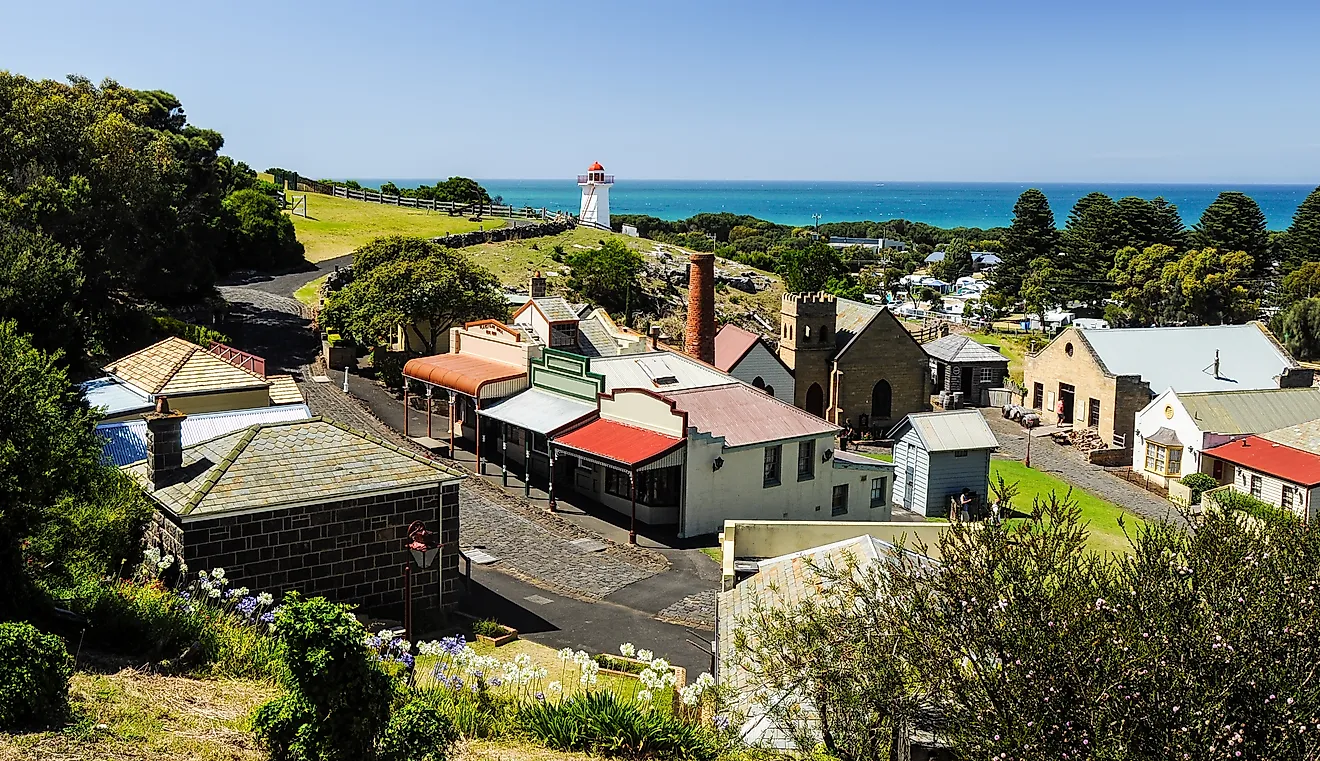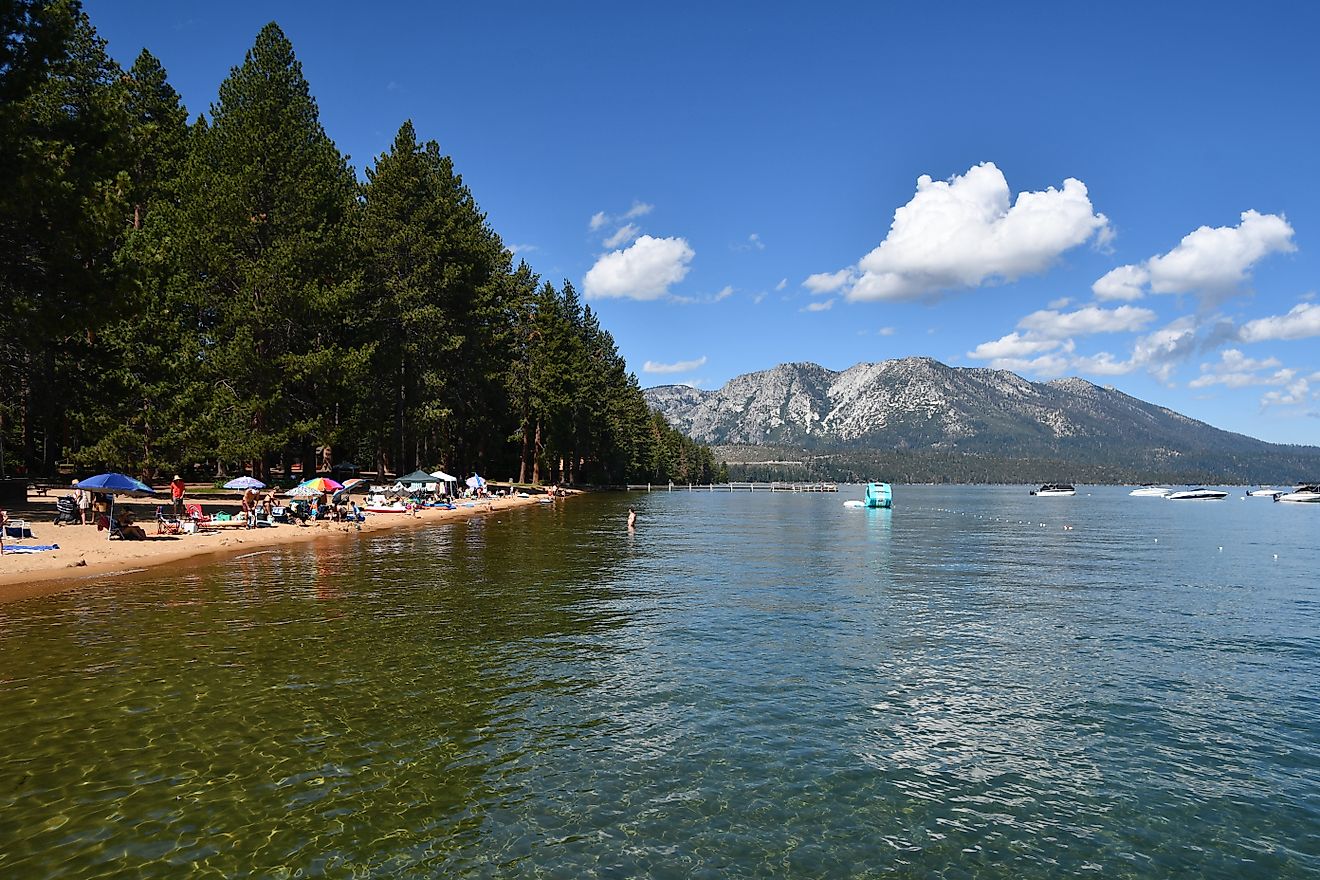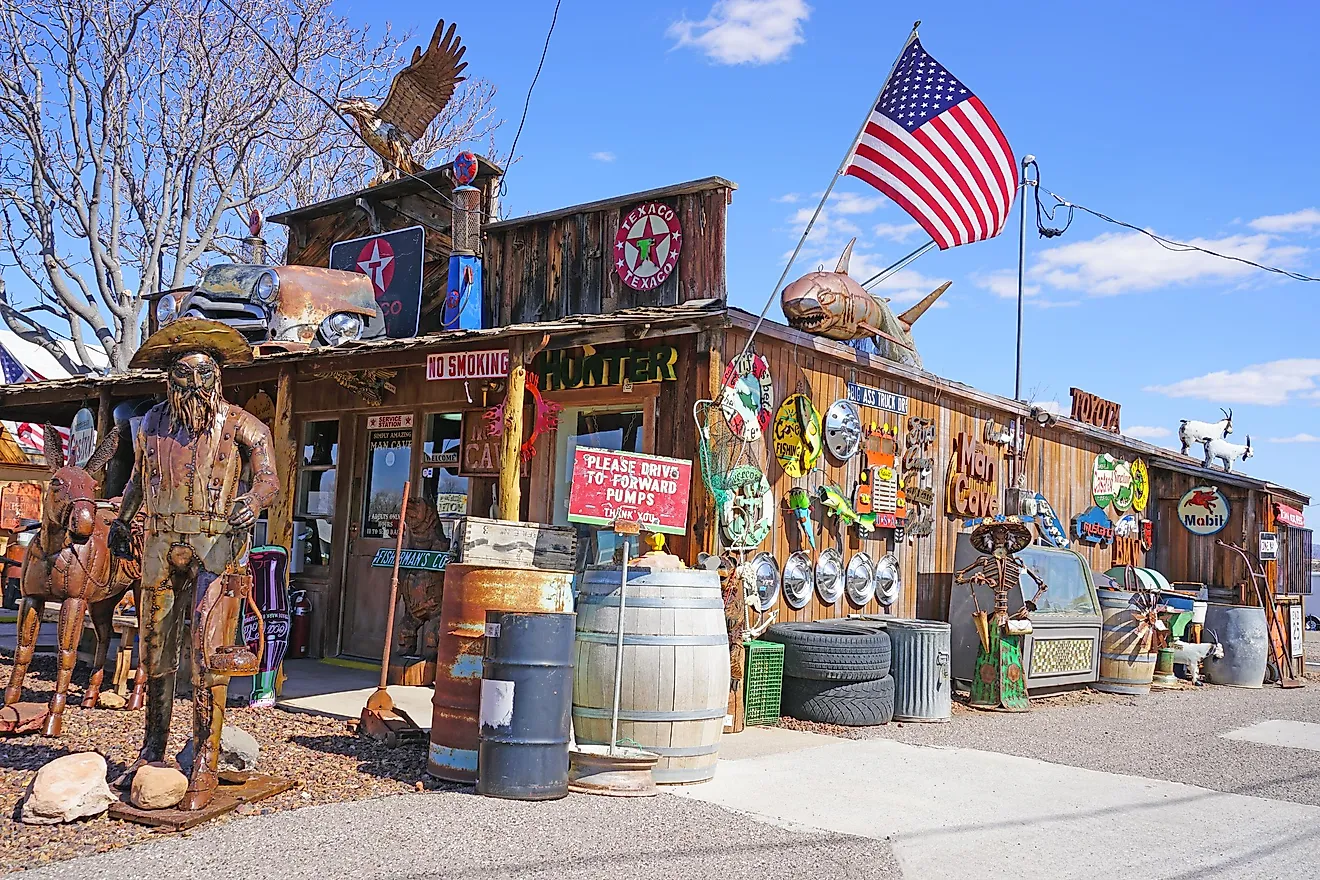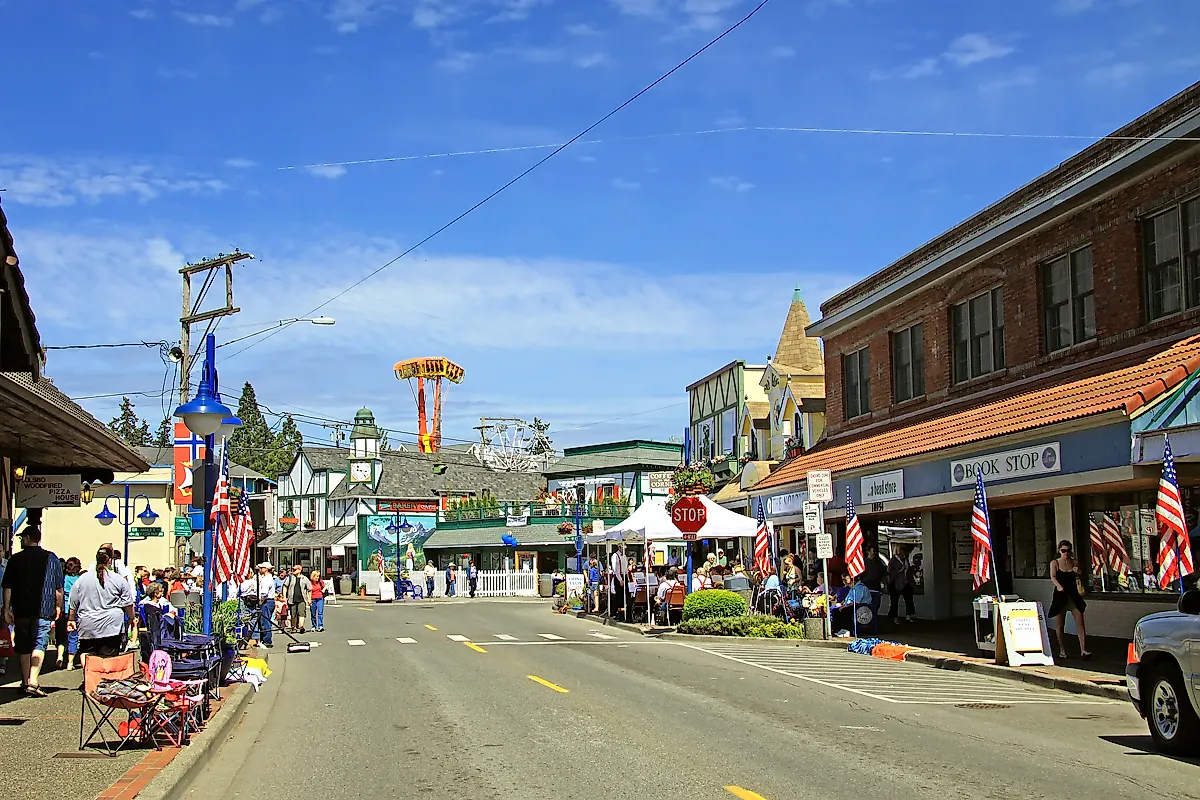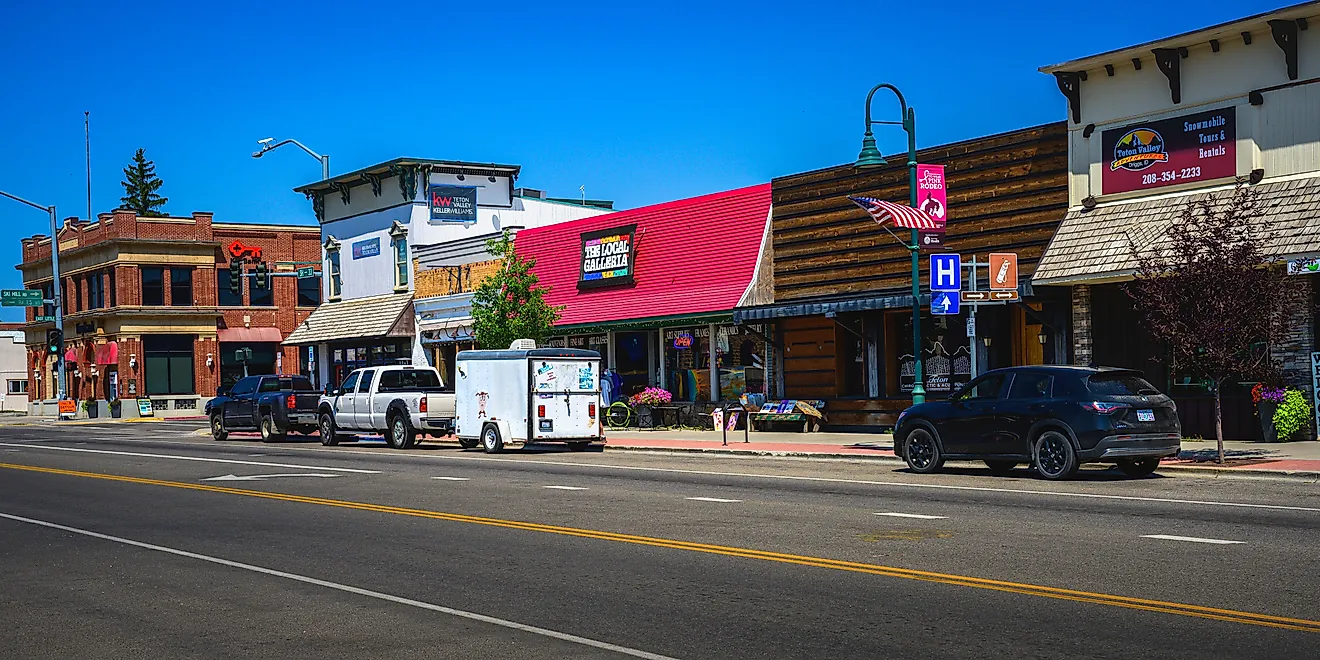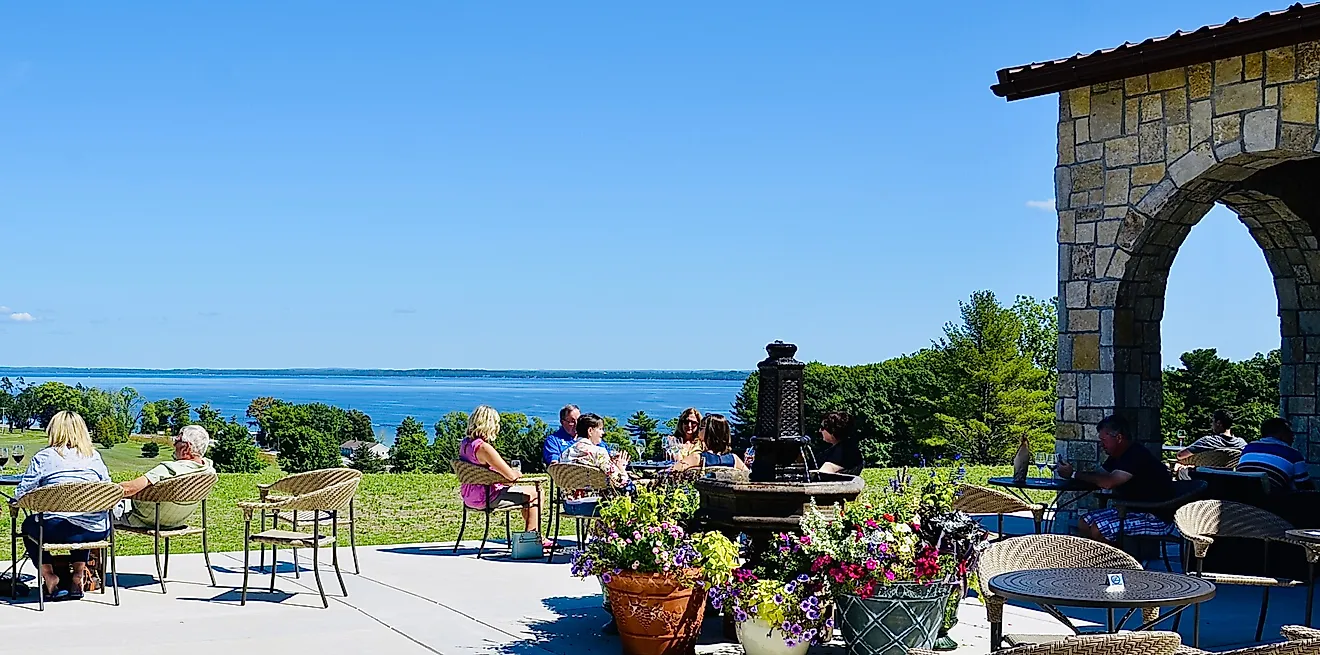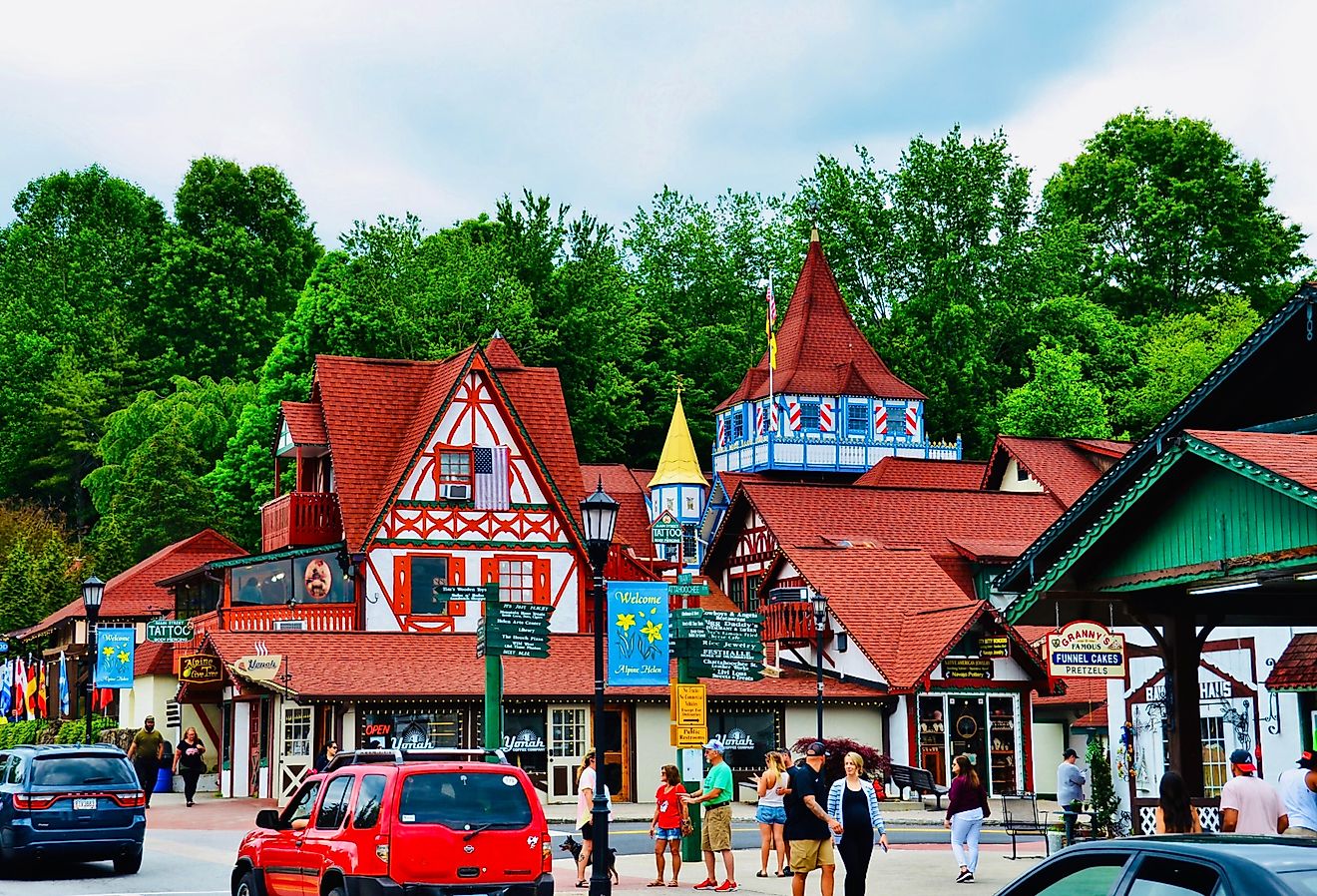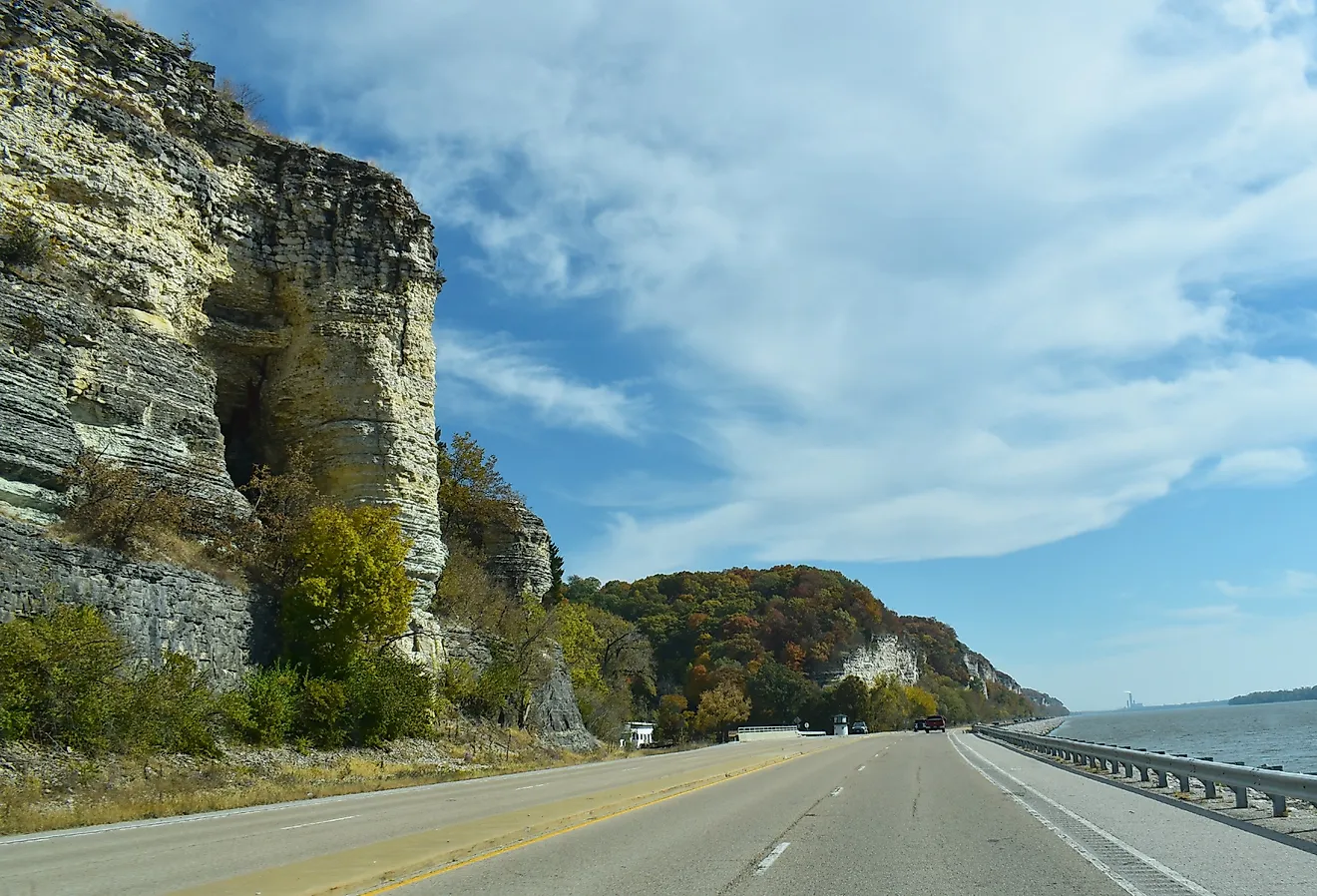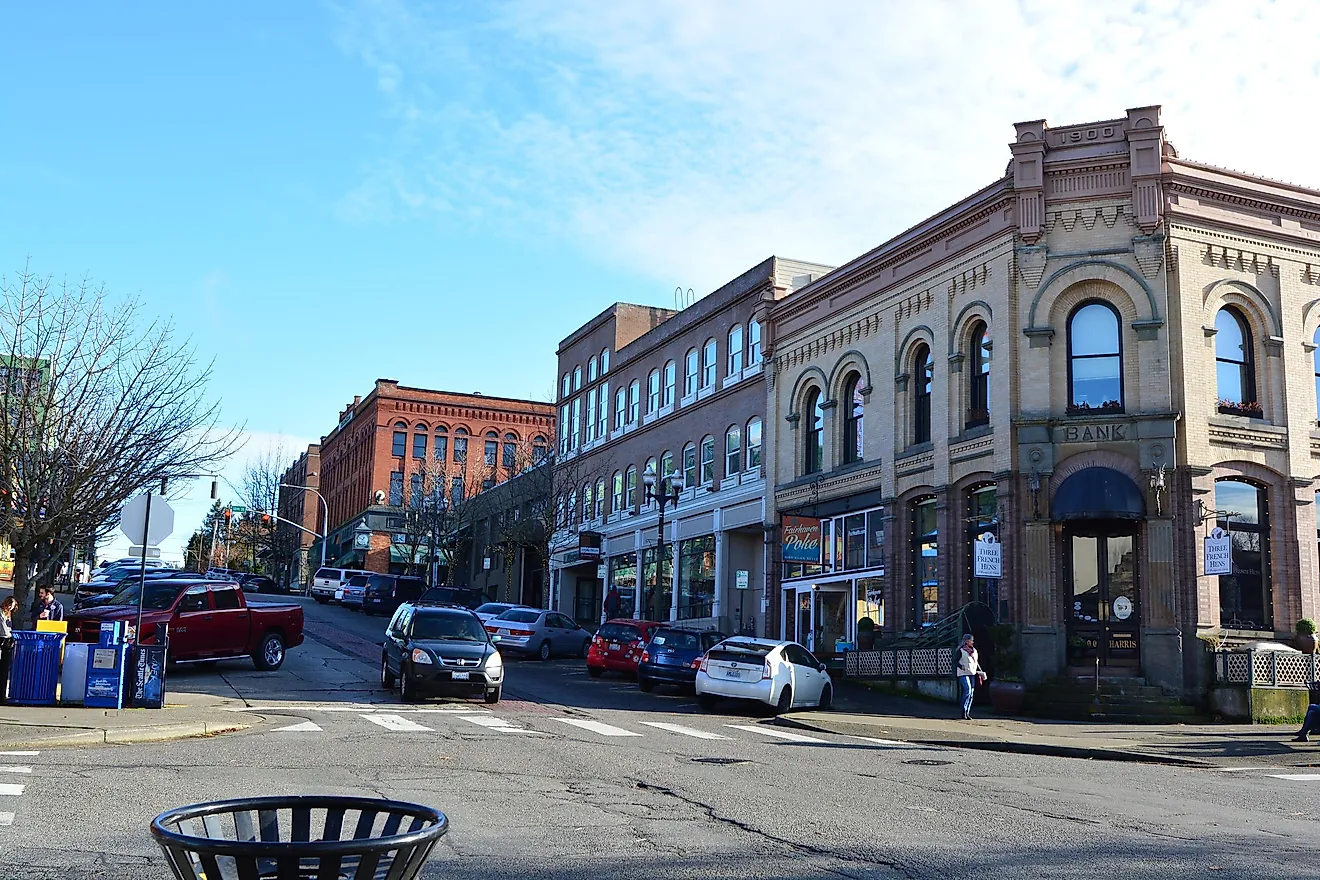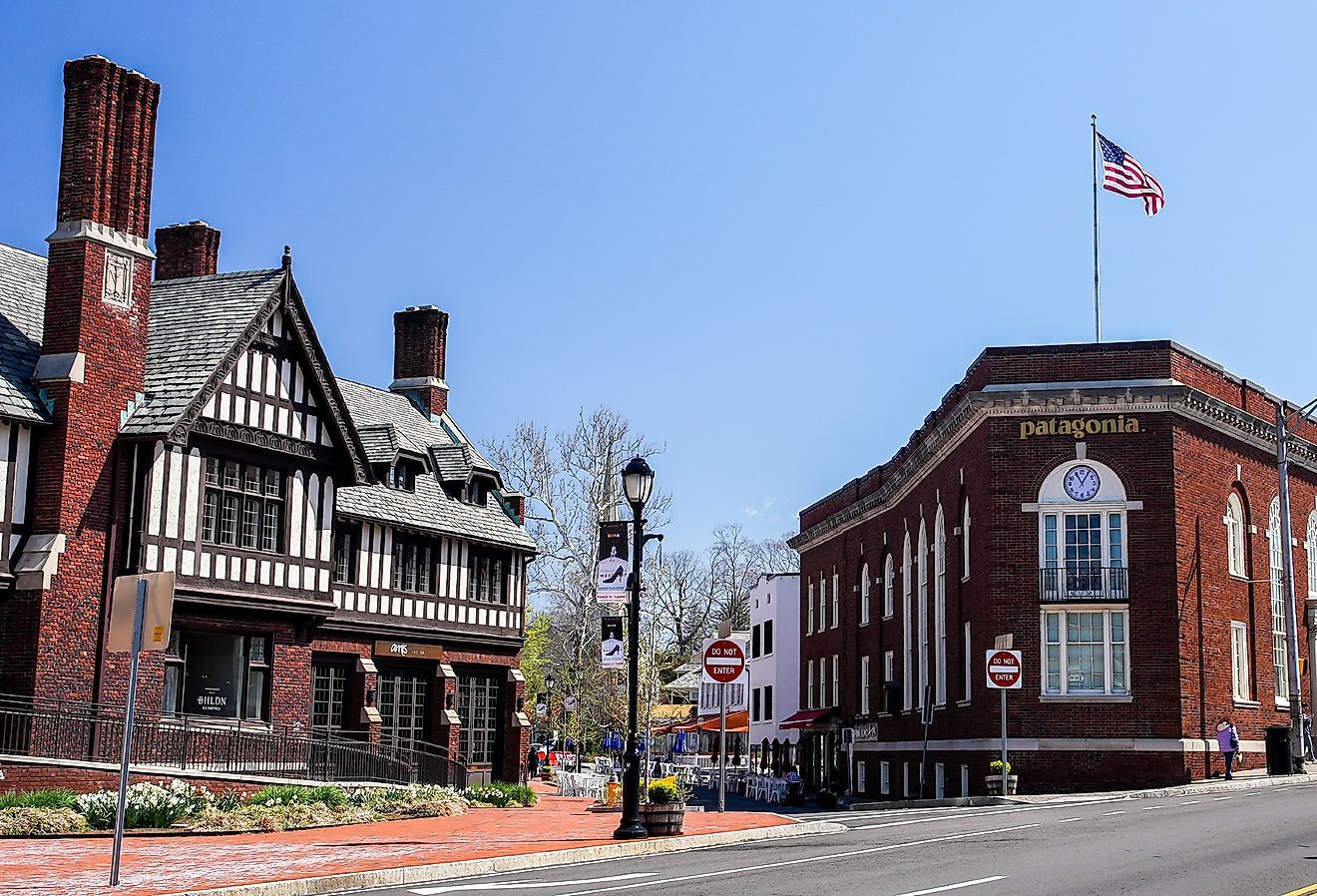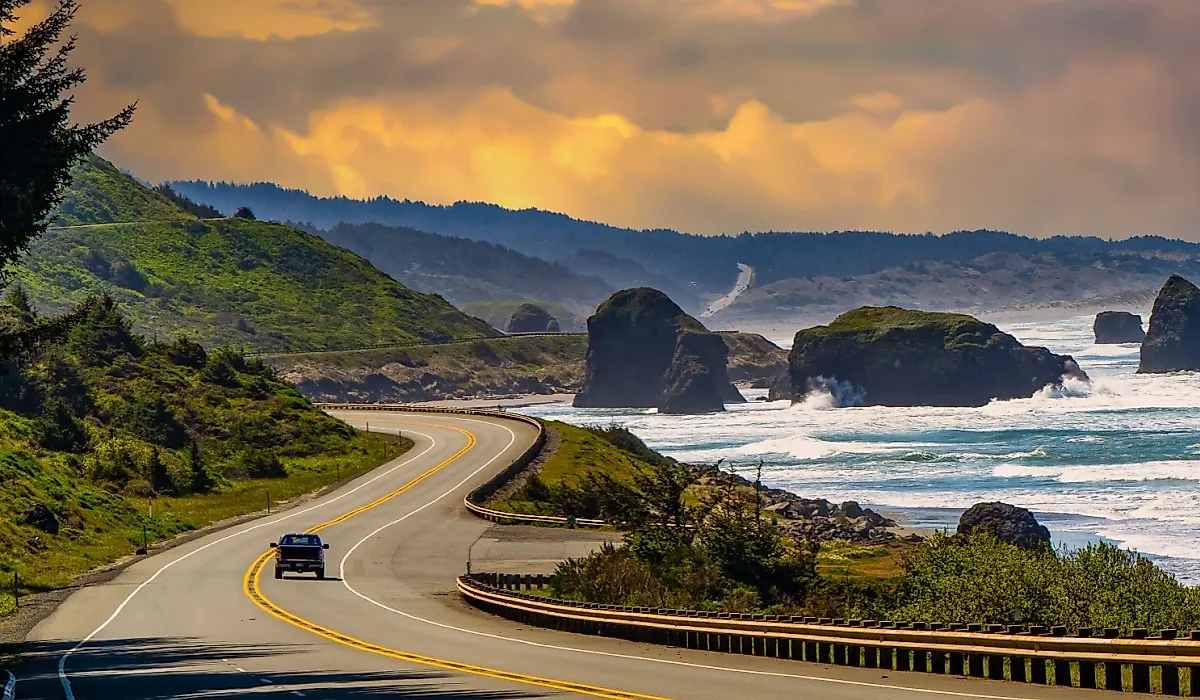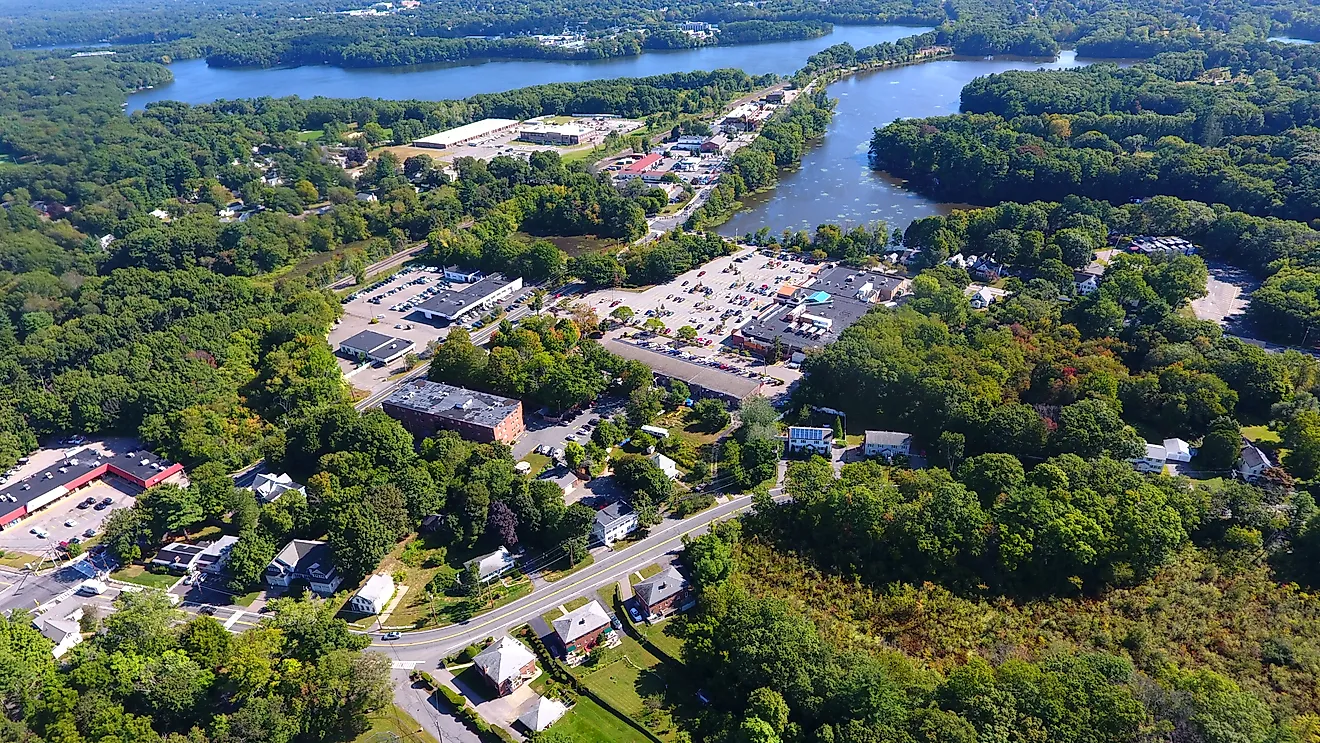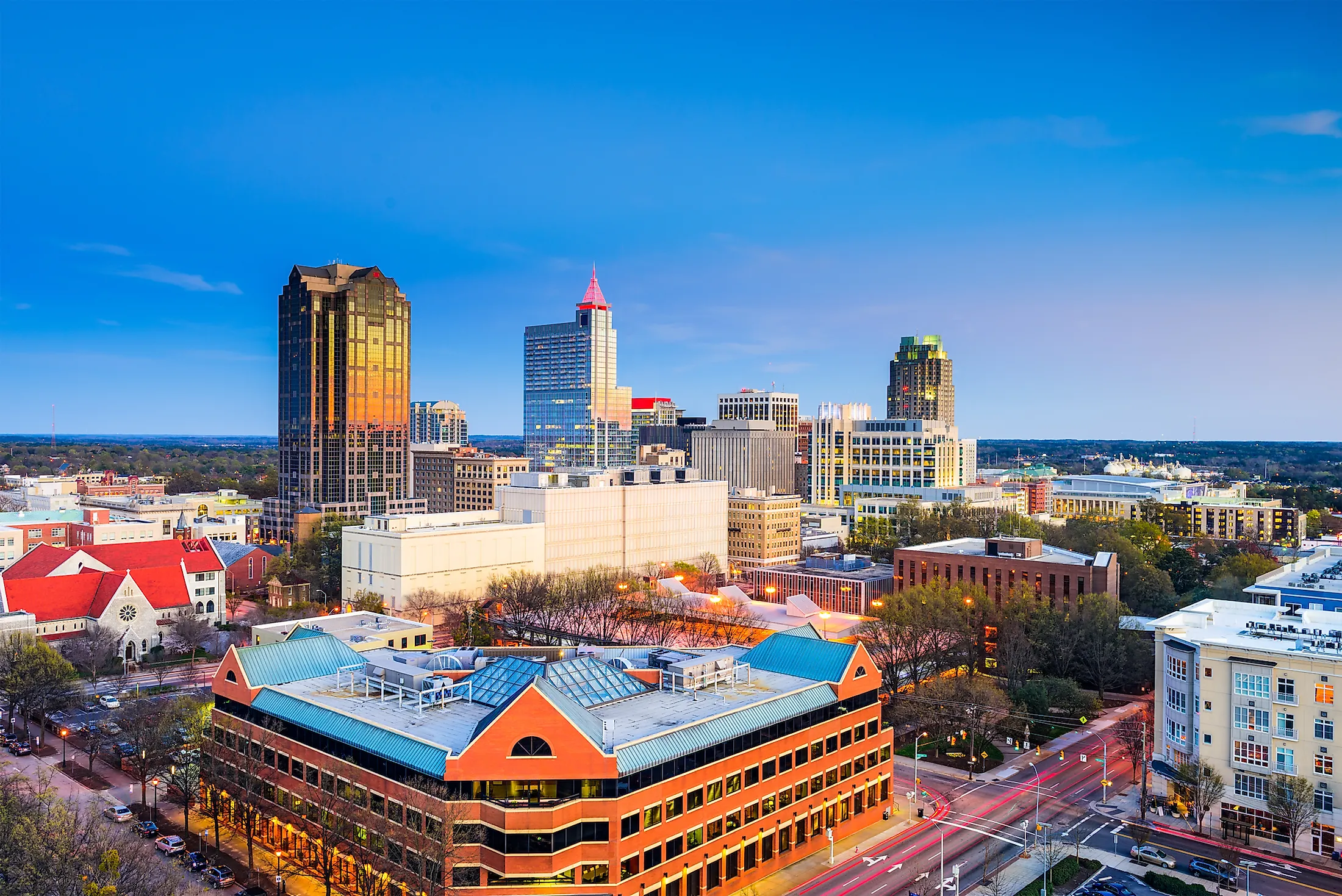
Raleigh, North Carolina
Raleigh serves as the capital of the US State of North Carolina. The city is situated in the American Southeast, where the hills of the Piedmont region converge with the flat plains of the Atlantic coast. A significant portion of the city is located in Wake County, while only a small part is situated in Durham County. The weather is considered moderate during all seasons and never leans to any extreme.
Geography Of Raleigh
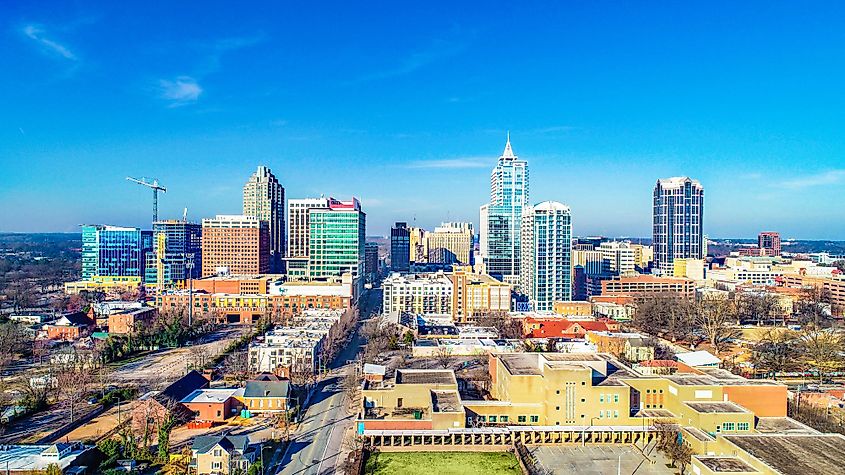
Raleigh covers a total area of 373.0 sq. km, of which 2.5 sq. km is occupied by water, and 369 sq. km is occupied by land. Raleigh is located approximately 249km southwest of Richmond, 211km northwest of Wilmington, 39km southeast of Durham, 266km northeast of Charlotte, and 101km northeast of Fayetteville. The 443km long Neuse River flows through the city's northeastern portion. For the many oak trees lining the city's heart, Raleigh is often nicknamed the " City of Oaks. " Raleigh is the state's 2nd most populous and the country's 41st most populous city. It is also one of the nation's fastest-growing cities.
Brief History Of Raleigh
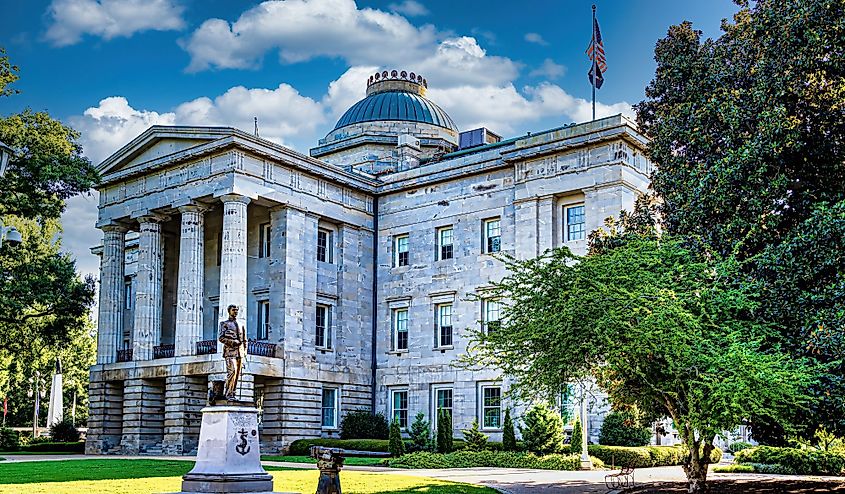
Raleigh is considered one of the earliest examples of a planned city. Shortly after independence, the state of North Carolina chose the site of Raleigh to be their state capital. Raleigh was completed in 1794, taking the title of the state capital from New Bern, which was the capital of the North Carolina colony during the British occupation. From the proclamation of Raleigh in 1788 to its completion in 1794, Fayetteville, about an hour away, was the interim capital. The city has been named after Sir Walter Raleigh, the 16th-century English explorer who founded the famous lost settlement of Roanoke, the residents of which mysteriously disappeared shortly after its founding. Roanoke is today part of North Carolina's Dare County. During the American Civil War, Raleigh would go on to be a common rallying point of Confederate soldiers, sympathizers, and politicians. During the war's closing stages, North Carolina governor Zebulon Vance struck a deal with advancing Union troops to spare Raleigh the destruction that ravaged other occupied southern cities. Therefore, Raleigh saw significantly less devastation than the rest of the former Confederacy. The city saw scant growth in the ensuing decades as the reconstruction period forced the southern economy to modernize and shift focus away from agriculture. Raleigh was a site of significant struggle in terms of African-American rights. Despite hosting the souths first black college, Shaw University, black voters were phased out of politics. Racist voting legislation was passed, and the more affluent members of the Raleigh black community were suppressed and intimidated out of decision-making. The city was entrenched in Jim Crow doctrine until the Civil Rights Act of 1964 forced Raleigh to integrate and remove discriminatory voting laws. The city began to grow significantly from 1959 onwards, as the Research Triangle Park, a collective area spanning three well-known North Carolina universities, was formed. The Research Triangle brought Duke, Raleigh's Carolina State University, and the University of North Carolina closer together. This caused the population of Raleigh to increase and, in subsequent years, its economy to diversify. Today, Raleigh is the second-most populous city in North Carolina.
The Population And Economy Of Raleigh
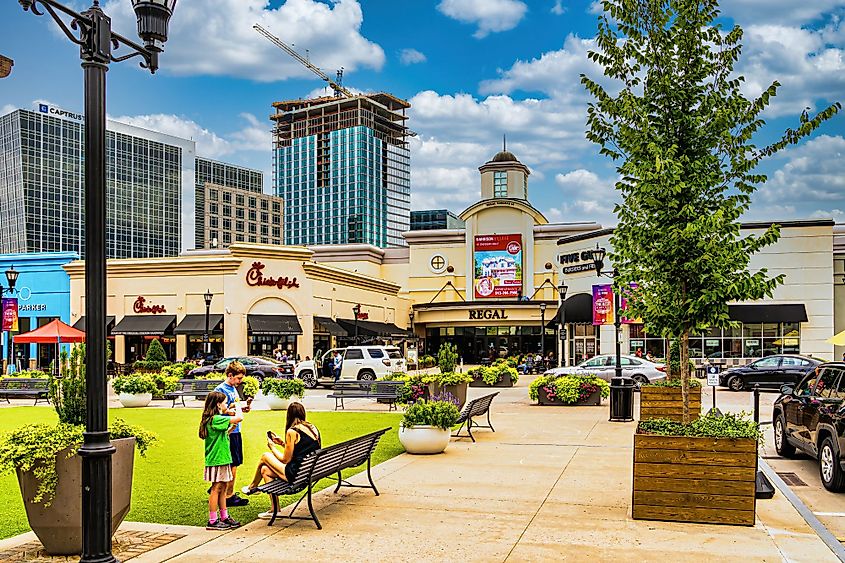
Raleigh is a city of nearly 500,000 people. White Carolinians make up the majority of Raleigh, constituting about 58 percent of the population. The White Carolinians are followed by the Black community, representing approximately 29 percent of the population. The remaining residents are from various backgrounds, such as the 4 percent Asian population or the 3 percent mixed-race population. Raleigh has slightly more cis females than cis males, at a ratio of 51 percent to 48 percent, respectively. The predominant religion of Raleigh is Protestant Christianity, of varying denominations. The most popular denomination is that of the Baptist tradition. There is a sizeable Catholic Christian population at about 4 percent of the city's population. Non-Christian religions make up only approximately 1 percent of Raleigh's population.
The most notable economic factor in Raleigh is the contributions of the Research Triangle. Raleigh has become a prime destination for the science and technology research fields. The city has also become known for its textile, food processing, and pharmaceutical industries. Raleigh is also a prominent location in the retail and grocery shipping sectors. The Air Force division of the North Carolina National Guard is based in Raleigh and therefore brings many military personnel and their families into the economic fold of the city. Carolina State University is one of North Carolina's crown jewels of education. Students flood into the city from all over the United States, many of whom contribute to the city's economy in one way or another. Raleigh being approximately 45 minutes away from Chapel Hill, the town that hosts the University of North Carolina, one of America's most prominent schools, also helps in the city's economy.
Tourist Attractions In Raleigh
Residents of North Carolina may view Charlotte as the go-to location for attractions, considering its size. However, it would be wrong to discount Raleigh, as being the state capital is not its only claim to fame.
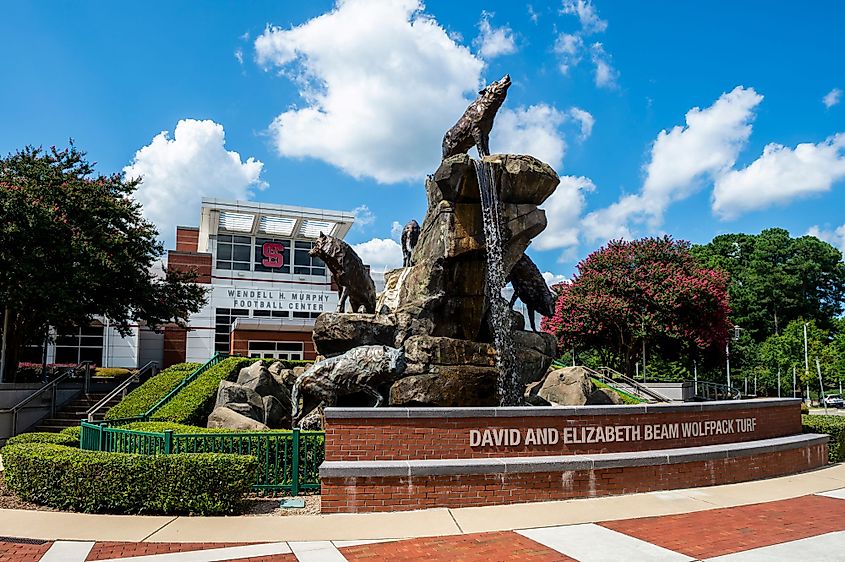
On the sports front, the most popular team in town is the Carolina Hurricanes of the NHL. They are one of the league's strongest teams and even won the Stanley Cup in 2006. The Hurricanes are joined by North Carolina FC. NCFC, as a part of the USL League One soccer league, are two levels under Charlotte FC, who play in the MLS, the highest level of soccer in the United States. Nonetheless, North Carolina FC is still a professional club and can provide solid alternate entertainment if you are not a hockey fan. Sticking with soccer, the North Carolina Courage play in the NWSL, the highest level of US women's soccer, and are considered one of the most talented teams in the league. Carolina State University's athletic program, the Wolfpack, is a popular sports destination. The most popular Wolfpack games are the men's and women's basketball teams, as well as the men's football team at Carter-Finley Stadium.
North Carolina Museum of Natural Sciences
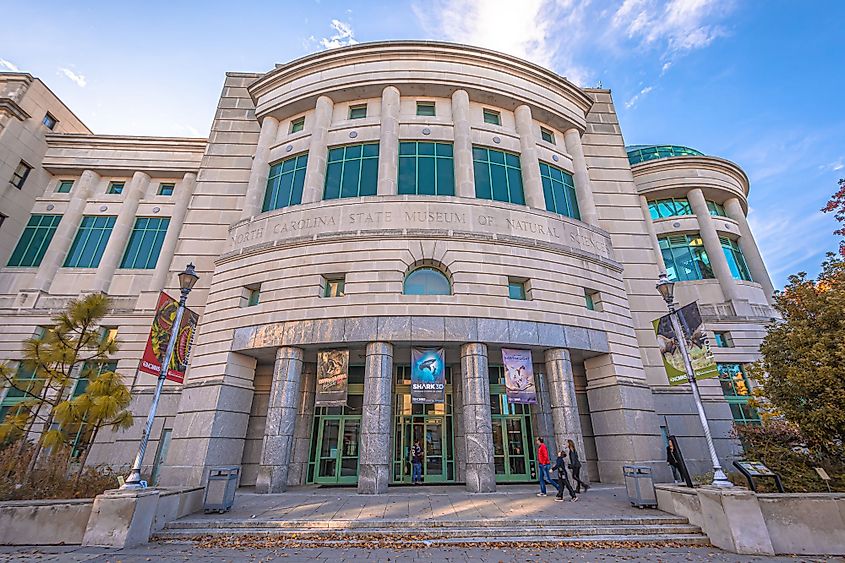
Outside of sports, you can take a ride in a classical pedicab through downtown Raleigh. You can also visit two spectacular museums in the city. The first is the North Carolina Museum of Natural Sciences. Dinosaur enthusiasts will have a blast at this place, and there are a myriad of animals to see and scientists to talk to.
North Carolina Museum of Art
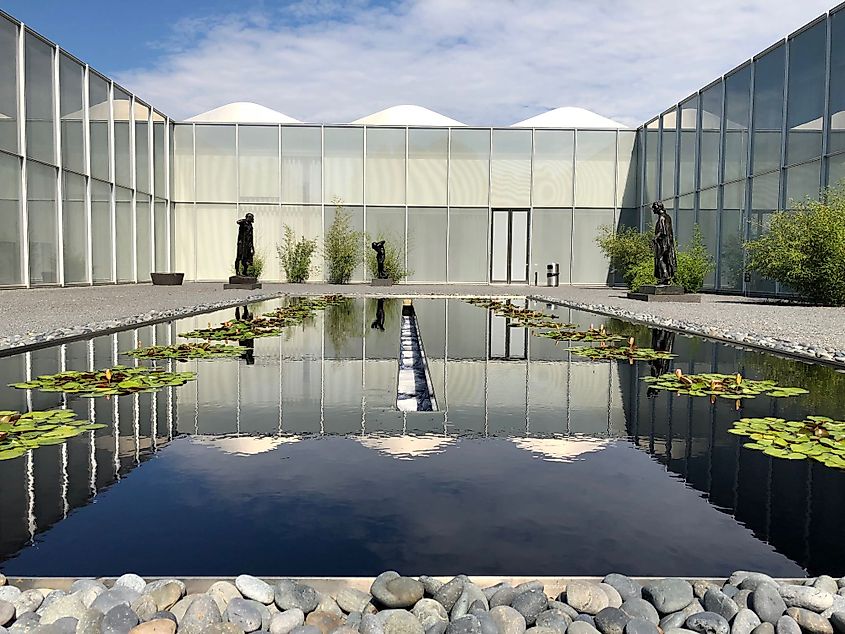
The second museum is the North Carolina Museum of Art. This museum was the first in the United States to be formed and funded by a state government, and was opened in 1956. Pullen Park is the fifth oldest theme park in the United States and the 16th oldest in the world. Pullen Park hosts a plethora of rides, games, and exhibitions for locals and tourists alike. You can take in the natural beauty of Raleigh if sports and roller coasters are not your speed. The Umstead State Park is Raleigh's best place for recreation such as biking, horseback riding, camping, or just observing the scenery.
You can be a small-town Carolinian looking for somewhere to live or something to do. Perhaps you are a Charlotte Native who wants to scope out the competition within North Carolina. You may even be a local or foreign tourist wanting to visit a more low-key spot in the United States, Either way, you will be pleasantly surprised by what Raleigh has to offer. Some may say that this city lives in Charlotte's shadow, but it holds its own in many regards. Raleigh is a city that is competitive in the realms of education, medicine, and retail and has no shortage of things to do or to see. Clearly, Raleigh is not only worth seeing because of its status as the state capital but because it refuses to be overlooked.
